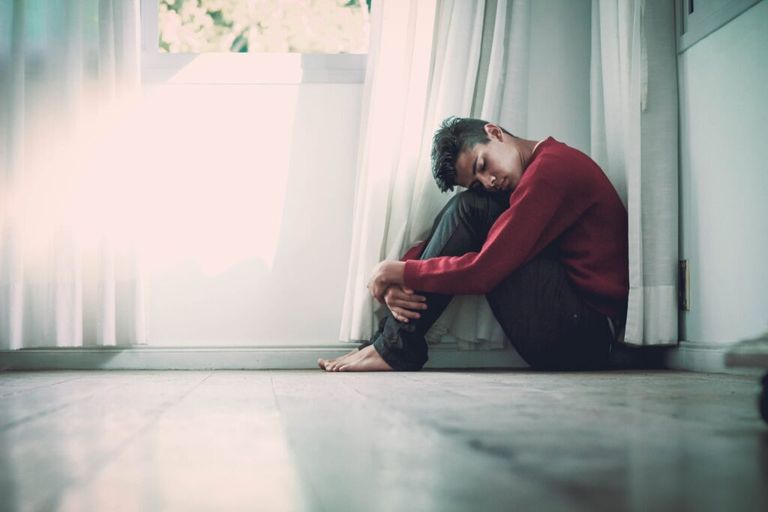Feed your curiosity with the latest in medical science by signing up for our newsletter.
Enter your email
Your privacy is important to us
What is depression and what can I do about it?
Definition
Is it curable?
Symptoms
Types
Causes
Triggers
Risk factors
Comorbidities
Treatment
Diagnosis
Support hotline
Is it genetic?
Is it a disability?
Statistics
FAQs

Summary
Everyone can feel sad or overwhelmed at times. But depression is a chronic feeling of emptiness, sadness, or inability to feel pleasure that may appear to happen for no clear reason. It is distinct from grief and other emotions a person may feel following difficult life events.
Depression is the leading cause of disability worldwide, according to the World Health Organization (WHO).Trusted Source
It can undermine a person’s relationships, make working and maintaining good health very difficult, and in severe cases, may lead to suicide. In fact, depression contributes to nearly 40,000 suicides in the United States each year.
It can affect adults, adolescents, and children. This article examines what depression is and what causes it, as well as types of depression, treatment, and more.
Camrin Dengel/Stocksy
What is depression?
Depression is a mood disorder that causes persistent feelings of sadness, emptiness, and loss of joy. It is different from the mood fluctuations that people regularly experience as a part of life.
Major life events, such as bereavement or the loss of a job, can triggerTrusted Source depression. But depression is distinct from the negative feelings a person may temporarily have in response to a difficult life event.
Depression often persists in spite of a change of circumstances and causes feelings that are intense, chronic, and not proportional to a person’s circumstances.
It is an ongoing problem, not a passing one. While there are different types of depression, the most common one is major depressive disorder. It consists of episodes during which the symptoms last for at least two weeks.Trusted Source
Depression can last for several weeks, months, or years. For many people, it is a chronic illness that gets better and then relapses.
ADVERTISEMENT
Is it curable?
While there is no cure for depression, there are effective treatments that help with recovery. The earlier that treatment starts, the more successful it may be. Some people may never experience depression again after a single period of it. Others will continue to have relapses.
Many people experiencing depression recover after a treatment plan. Even with effective treatment, however, a relapse may occur. About halfTrusted Source of people do not initially respond to treatment.
To prevent relapse, people who take medication for depression should continue with treatment — even after symptoms improve or go away — for as long as their doctor advises.
Find tips to help prevent depression from returning here.
Signs and symptoms
Depression can cause a range of psychological and physical symptoms, includingTrusted Source:
persistent depressed mood
loss of interest or pleasure in hobbies and activities
changes in appetite and body weight
unusually slow or agitated movements
decreased energy or fatigue
difficulty sleeping or oversleeping
excessive feelings of guilt or worthlessness
difficulty concentrating or making decisions
thoughts of death or suicide, or suicide attempts
If a person experiences five Trusted Sourceor moreTrusted Source of these symptoms during the same 2-week period, a doctor may diagnose them with depression.
Depression may also causeTrusted Source other symptoms, including irritability, restlessness, chronic pain, headaches, and digestive issues.
Types of depression
There are several formsTrusted Source of depression. Below are some of the most common types.
Major depression
A person living with major depression experiences a constant state of sadness. They may lose interest in activities they used to enjoy.
Treatment usually involves medication and psychotherapy.
Persistent depressive disorder
Also known as dysthymia, the persistent depressive disorder causes symptoms that last for at least 2 years trusted Source.
A person living with this disorder may have episodes of major depression as well as milder symptoms that do not meet the criteria for major depressive disorder.
Postpartum depression